FREAKS, FROLICS AND FADING BLUES by Michael Higgins
FREAKS, FROLICS AND FADING BLUES
by Michael Higgins
Norman Warwick’s recent article on the University Of Leeds dialect survey (Sidetracks and Detours 30 April 2020) and his brief mention of my role (chairman) in the Edwin Waugh Dialect Society has reignited something from my own past, not only of dialect but of voice and the way we use it to shape scenes and songs. My own brush with Lancashire dialect came despite my mother’s desire that I should not speak it but aim for higher things. My father’s was that I should enjoy it and that I should ‘shap misel’ (shape myself) when my behaviour or spiritual well-being was drooping.
But while I went to something called a school, my cousin Joyce thrilled in informing me that she went to a ‘schoo’’.
My mother liked to be called ‘Mum’, Joyce revelled in calling her mother ‘Mam’. I recall waiting for my mother to collect me from my Grandma’s when I was nine and hearing her footsteps at the door. My uncle Leonard called out to me, ‘Hoo’s comin’ now’. Baffled I asked, ‘Well who is coming?’, to hear him reply ‘Thi Mam!’ (thy mother). That good old Lancashire word for she was to haunt me over the years for later that year we emigrated to Canada where I lived for fourteen years. There it was not dialect that puzzled my life but also my accent – my classmates thought my pronunciation of bus as ‘buzz’ was hilarious.
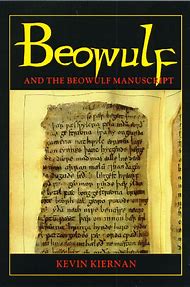
As a Canadian teenager my chance borrowing of a school library book of English poetry over the ages reintroduced me to the word Hoo (spelt heo in old and medieval English) and a love for Medieval English in its various dialects and forms- and obvious link to ways of speech long gone yet distant in my own Lancashire childhood. Canada has few varying dialects or accents. I bought one of the Teach yourself books on Old English and can still read Beowulf in the original but alas not without a glossary. Over time I got used to reading Chaucer (south east English midlands dialect) in the original without a glossar. My English teacher, Miss Chivers, encouraged me and suggested I meet another teacher who had an MA in Medieval English.
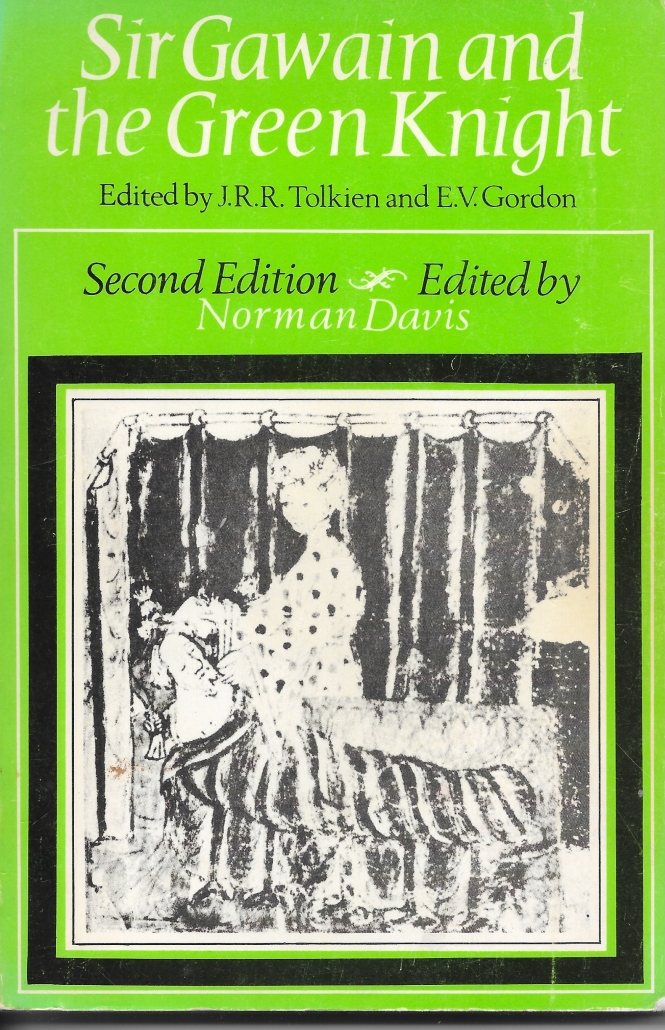
She introduced me to the north west English dialect of Sir Gawayne and the Green Knight ( 14th century) and which has recently been translated into modern English by now Poet Laureate Simon Armitage. That brought me even more back to Lancashire with its dialect words ‘Kay foot’ (left foot) and the phrase ‘he nicked him with nay’ (he replied to him with no). Miss Wicks, as they say in Lancashire dialect, ‘skent wi’ one ee’, (she had a cast eye) and with her distinctive voice and enthusiasm inspired me with not just a love of medieval dialect but of poetic language in general. I had been writing poetry since I was nine (a poem about a toy shop) and dabbled throughout my increasingly unhappy teenage years.
One teacher refused to have me in her class despite me describing my longish hair as Miltonic: ‘When you are the world’s greatest poet you can have long hair too etc.’ The Principal was horrified when I won the dramatic verse speaking contest ( Shakespeare’s Richard III and Blake’s TheTyger) and pulled the school out of the contest. I was roughed up by School football team bullies (The principal, ‘Duke’ Noble, excused their behaviour by saying it was caused by my ‘appearance’). Ironically these same bullies held him in some contempt too and once daubed the school with ‘Duke Noble Moons all over the neighbourhood’, on the highest parapets of the school – a bit like Pilate’s palace after Brian had painted it over with anti-Roman graffiti in Monty Python’s life of Brian. It took all week to clean it off. I almost felt that Mr Noble now wished he had backed the poet sissies rather than the sports-ground philistines. But my days were numbered and I dropped out of high school into the bohemian world of Toronto’s Yorkville Village, then touted as Canada’s answer to San Francisco’s Haight-Ashbury.
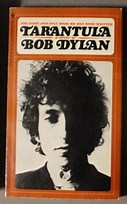
In High School I had fallen in (as an afterthought I think) with a like-minded crowd of poets and musicians – one in a rock group (no bands then). I am not sure what happened to him but another poet friend, Peter Skilling, later went to the Sorbonne and became a professor of Buddhist studies in Thailand. He got us a first manuscript copy of Dylan’s Tarantula. We had been visiting Yorkville Village downtown, a centre of bohemia, hippiedom, blues, jazz, rock, and esoteric art galleries and the would-be haute and demi monde. One of the clubs featured the nascent Ugly Ducklings who performed a mean version of the Kinks’ A Well Respected Man before it had been on general release in Canada. Before I went home I always stopped off at the late night Sam the Record Man or adjacent bookshops on Yonge Street where I would purchase either a Rolling Stones EP, A Julian Bream Lute offering and or at the bookshop an AE Houseman’s A Shropshire Lad (my copy has survived all these years) But also after all these years I also cherish a hardback copy of Chaucer’s’ Canterbury Tales in a two column per page bilingual original and modern English text.
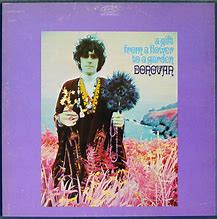
That is when I had money. I lived in various lodgings, first with a school friend who had also dropped out of my school, in a house shared by various dope dealers and/or dropouts with paying jobs. I recall once helping a cheery fellow cut up his Grass twigs, spread out in brown and green stalks and leaves over the entire bedroom floor and help him put into Dime or Nickel bags. And there was always music in the house – the latest of everybody- Beatles, Dylan, Jefferson Airplane-and more to the point there was a typewriter on which I typed poetry of varying use and ornament- everything from mock medieval ballads to ‘rococo’ semi psychedelic imaginations to irrational parodies on anything. But my models were Donovan, the Dylanesque posings of Minnesota Bob himself, and the unapologetic Dylanesque Andrew Loog Oldham rip-offs on the back of Rolling Stones LP covers and all else in the ephemera of late 60s and early 70s’ over-and under-ground culture. But my overall retro-view now of all this, and at the time, was as the setting of Eliot’s Rhapsody on a Windy Evening, of lonely streets after all the weekend tourist ‘voyeurs’ had gone home and the sad return of loneliness slowly slid into despair.
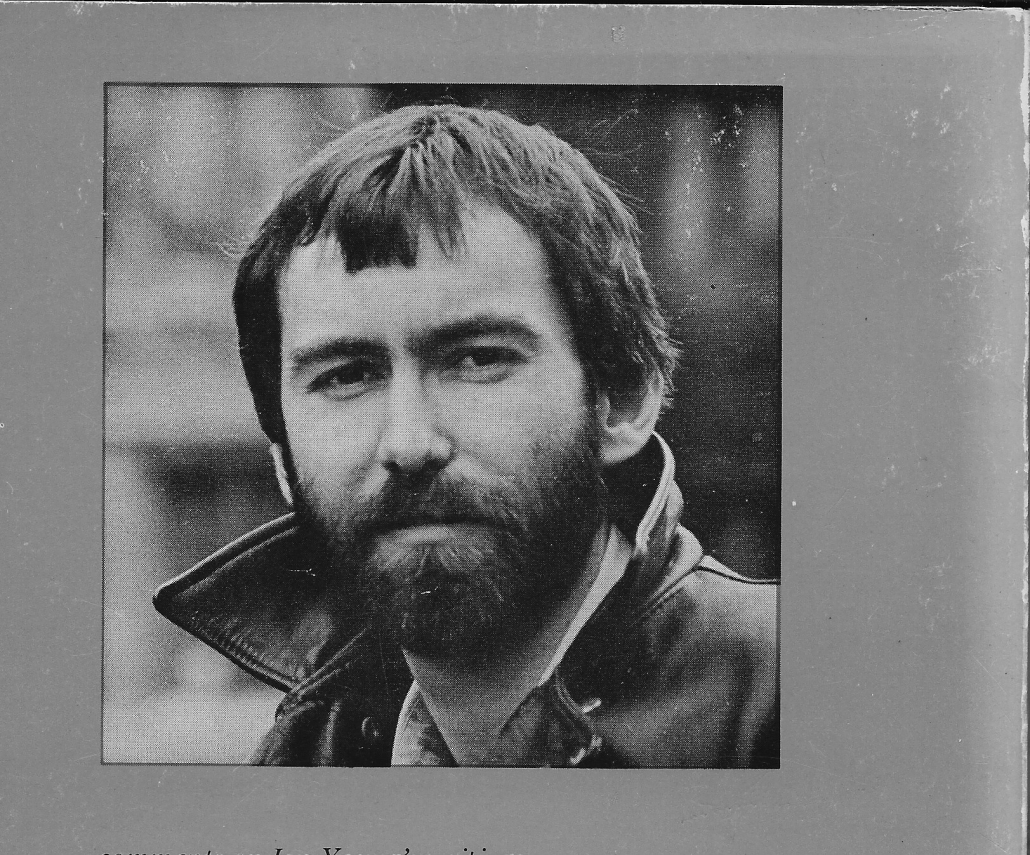
This was when I met one of my oldest friends, poet Ian Young, (see left) through another friend, at a Yorkville cafe and got into his circle of writing friends and suggestions for publishing.
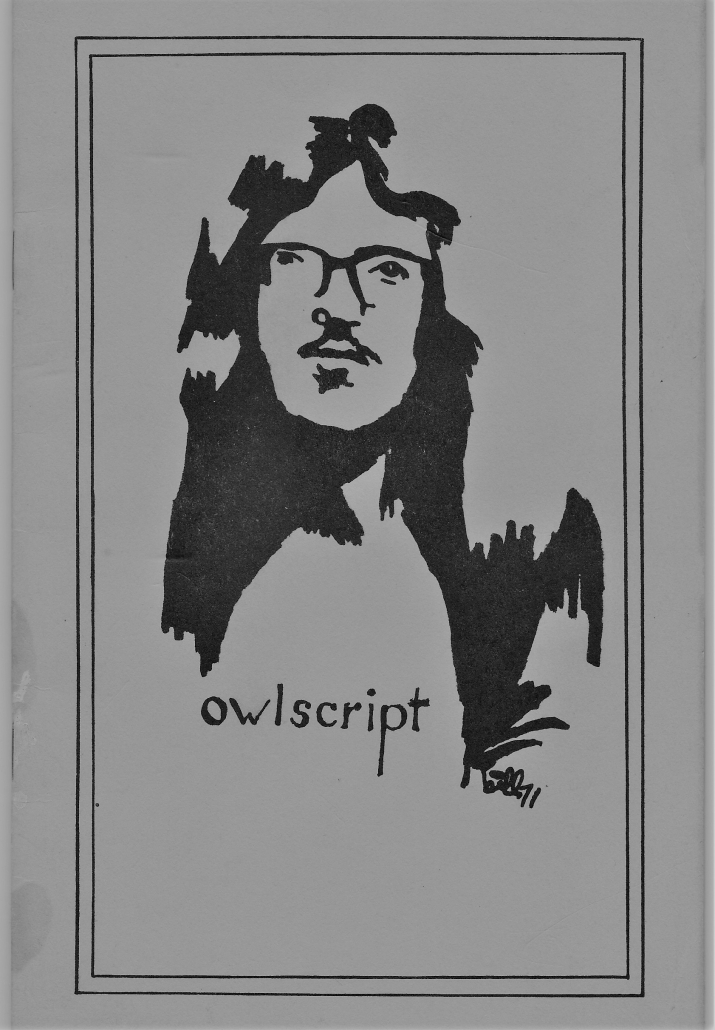
Through Ian I had a brief spurt of seeing my work in print, through Acta Victoriana, Cyclops, Eyopener, a little booklet called Owlscript and even the grand sounding Poets of Canada, the editor of which I cruelly undermined in a review I wrote for Catalyst, a magazine Ian started up, with me as a rather useless and deadweight co-editor. Ian was exceedingly kind, if rather hopeful that I would not publish rubbish and sell myself short. This I seemed to have no concept of and, copying a village barnstorming poet, red-bearded Eric Layman, who used to sell broadside sheets of his poems- usually on dark Dostoyevsky themes-I began to sell mine in the cafes and on the street corners of the village. One thing I could never do, being extremely shy, was hector critics the way he did, holding many a verbal row on the highways and byways of the Village. Eric, and his thick- lensed specatacles, is now gone but Ian Young has gone on from writing poetry to social as well as literary themes and always has been a pioneer and on-going activist for the Gay scene. He has recently published A Visual History of Gay Pulps and a more serious work is the Stonewall Experiment-a study of gay life in relation to modern history. Ian is London born and in the Eighties lived for a few years back in his home town. His London Skin and Bones, (Squares and Rebels 2017) is collection of short stories based on his time there.
Now, that life seems a haze of haunting from my school days, – and my neighbourhood friend Isabel, of Austrian descent, who’s view of teenage trauma was that she wished she could sleep through those years and wake when she was fully mature. She did finish school and I last saw her working in a bank on Yonge Street. I still occasionally sing my song The Looking Glass, which was written for her all those years ago at venues today. I used to make up tunes then for various poems and lyrics for which I thought ought to have tunes and sing them while walking the streets. Other faces that haunt me, are despairing Vicky, shy Nancy and tragic Dianne who disappeared one night on a visit of see a friend in prison.
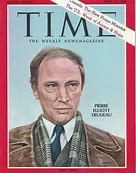
ILiving in a sort of limbo I had mishaps and strange encounters. Two were with Pierre Trudeau, (left) future prime minister but then the Justice Minister, having taken a liking for election stunts such as running through the streets and swinging round lampposts for the cameras. One evening he brought his entourage from his hotel round the corner and actually sat down on a shop front step to talk to a group of us about life on the streets. Then just as quickly he was off at full pelt, swinging round the lamppost again before scooting back into his hotel lobby. The second time I saw him he was coming out of a Yorkville nightclub with Barbara Steisand. I just stood at the end of queue and they both shook my hand.
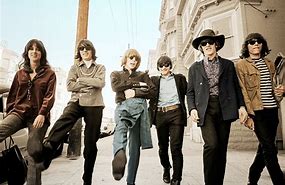
Another time I was sat at an Avenue Road cafe when I recognised Marty Balin and another Jefferson Airplane guitarist walking down the street. To be fair they were expected and they went along exchanging glances and pleasantries, When they passed me I shyly asked ‘Are you two from ‘Frisco?’ to which Mr Balin replied with a twinkle in his eye, ‘Could be.’
One time I had been invited to a blues club venue by a girl who mixed with bluesmen a lot and can recall going with her and them to various after parties but names now exclude me. On this occasion she left me for a while and a wiry old man sat beside me after playing. He was indeed as Ian Young says in his Straw Man Blues slumped over till someone poked him in the rib
(as though a gust
skedaddled through a skeleton
making the bones
dance) …

He said he was Sleepy John Estes, a name that was only a vague hint to me at the time. It is even more of a blur now. And one day when down in the dumps one Sunday afternoon I ran into a jazz and blues group taking a photo shoot outside a cafe for an album cover. The two main musicians said they were Sonny Terry and Brownie McGhee but I cannot now recall what they were calling their ad hoc group. Dixieland Stompers? New Orleans Stompers? Anyway they asked me to sit on the steps in the shoot. I have seen the album cover on occasion and I am definitely on it but tracking it down now is beyond me. In those years I saw the Rolling Stones (three times), The Lovin’ Spoonful and Hendrix, the latter a hero of my landlady’s son, at a small local venue before he was well known. Toronto, Canada, and even Yorkville in the growing Trudeau-esque idea of The Canadian Dream was everywhere, manifested in the poetry of Margaret Atwood (who then lived near the Village), and the music launch of Montreal’s star poet Leonard Cohen. Buffy St Marie (occasionally seen in the Village) and Gordon Lightfoot were like rising stars in the Canadiarama that seemed to be blooming everywhere as anti-Americanism and the Vietnam War polarised society.
Yet Scottish Donovan haunts from those years, not from any close meeting, but from a concert I attended at one of the University halls. I recall his easy cosy charm and his ‘medieval presence’. At one point he sat on the stage front to play and got an accompanist to help him sing Happiness Runs and Song of the Shirt, which still runs in my head today as the epitome of simplicity. I love my shirt too. I’d like to say I still have mine from those days but alas I do not. But I still have the oversize ice-hockey skating jacket my mother hand-knitted for me. It is chunky and with a little repair still fits.
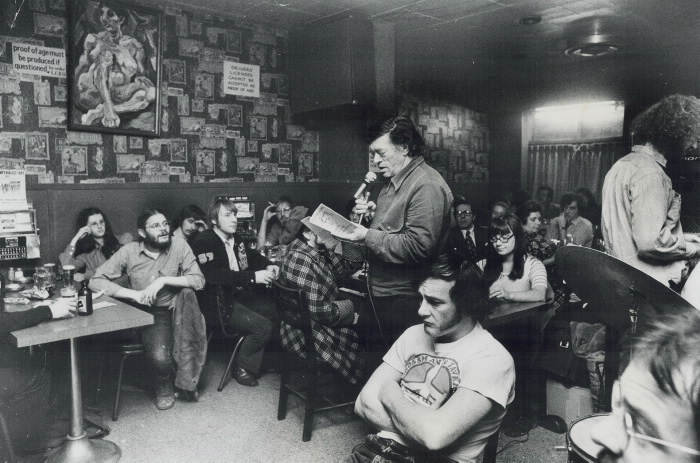
I recall many faces and forget many. There was the rough-hewed Canadian poet, Milton Acorn, whom I heard at a reading of great feeling, but from which I recall objecting to something he said about racism in William Blake’s The Little Black Boy. Then there was the cracked-faced WH Auden who was in Toronto on a last poetry reading tour before ‘retiring’ to his home in Austria. I spoke to him in a back room after the reading and gave him a Catalyst. He remarked ‘ah I haven’t seen this magazine before’ all the while eyeing me up and down as if I were something he couldn’t quite put his finger on. Looking back I suppose I was well to have cut and run after that, given his politics and the libertarian nature of the magazine. In any case I was far too shy to say much else anyway. Then there was a brief tongue-tied encounter with American Howl poet Allen Ginsberg at a filming of a TV Show called Under Attack and a silent watching of Margaret Drabble in interview. Always watching, waiting, shying away.

Then, like the chap in Donovan’sBert’s Blues I, too, cut and ran from Yorkville itself in the early seventies in the wake of gang fights and the fading hippy dream to return to parochial north west England, falling into Folk music sessions with the new-to-me folk group, The Oldham Tinkers, dancing with the Royton Morris Dancers, marriage, university (at last), steady work, Oldham and local history societies (a legacy of the wonderful Michael Bliss who was my Canadian high school history teacher). Not least is the Edwin Waugh Dialect Society where faces still haunt from the past and ‘eeh bah gum there’s nowt so queer as folk’. I recall the street dialect of the Yorkville of my day where a ‘freak’ was a man and ‘The Man’ was the police. That dialect is now dead and freaks have gone back to the circus. Yet I can today turn to my copy of Sir Gawayne and the Green Knight and find that under its spelling ‘freke’ that even six centuries ago that word meant a man. Well, what can I say? I’m still a freak. Words are words and they all mean something.
And old words bite deepest, whether sad or not.
Editor´s note: until reading this I had no idea that Michael might have spent time immersed in such a pulsating time. I say again, ´everyone has a story to tell´ and this is part of the story of a quiet, respectable local historian and dialectician.´ This all goes to remind that when I knew Michael, when we both lived in the north west of England, there were a number of pubs with the colloquial name of Who´d a Thowt It? Not I, of Michael, that is for sure.

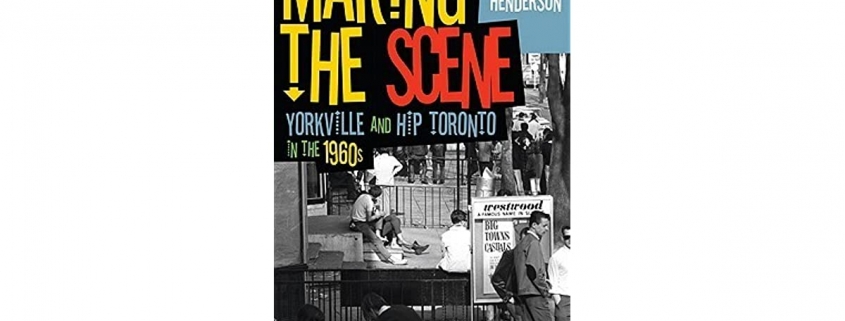


Leave a Reply
Want to join the discussion?Feel free to contribute!